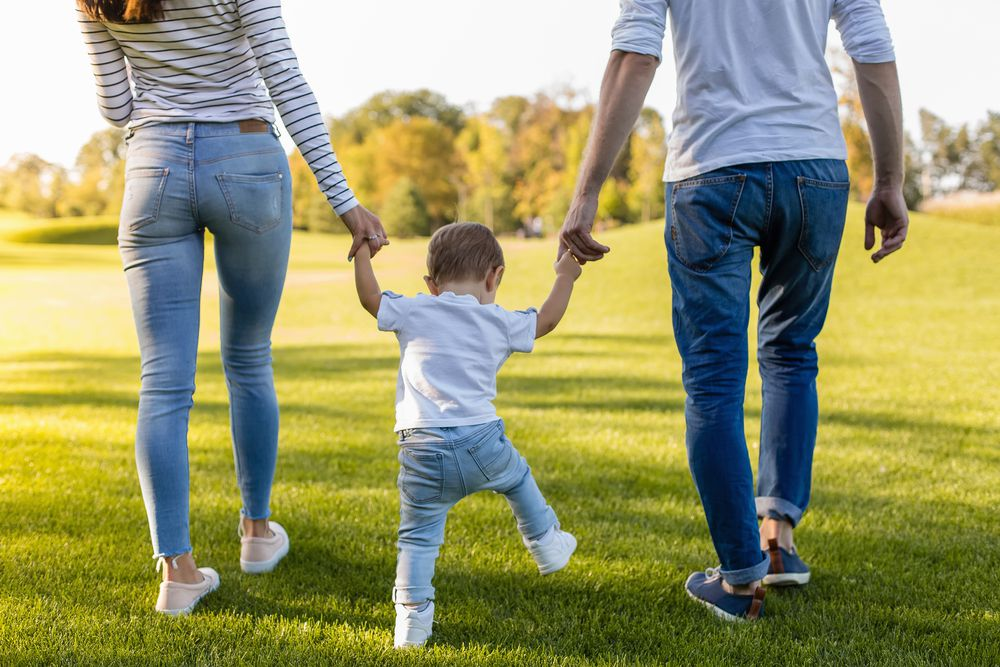
In the days of yore, we watched a show on TV called “Kids Say the Darndest Things”. The premise (前提) of the show was to highlight a child’s perspective on life. The short words offered by the kids gave us a ton of laughs. What we didn’t know at that time, but understand now is that we were learning life lessons from the children! Here are something we can learn from our kids.
1. ▲
Kids wear their feelings on their sleeves. When they’re happy, they laugh. If they are sad, they cry. As adults, we tend to hold back our emotions more than we realize. While not always appropriate depending on the situation, allowing our emotions to escape as adults is very helpful in maintaining stable mental health. This can also promote better physical health. So, don’t be afraid of your emotions. Let your feelings stretch their wings and run through the rain!
2. Slow Down And Smell All The Flowers.
We hustle (快速行走) through our adult lives, running to and fro. Working, caring for a home and family, preparing meals, doing housework, and handling all the other adult responsibilities. Our kids stop to look at everything, and it tends to annoy us. What if we stopped, too? Take a breath, bend down, and smell that flower. You deserve it!
3. Making New Friends Isn’t As Hard As We Make It.
Adults have difficulty making new friends most days. Kids make it look so easy. On the first day of Kindergarten, I helped my daughter get in the correct classroom line. There were kids her age and size, and she was in her glory! The next day, she took off running as soon as she saw all her new friends and got in the line. While I stayed back with a group of other parents, none of us were making any attempt at becoming friends. The lesson we should have learned is that people are people, and we should open up and say hello!
1.Why did the writer mention “Kids Say the Darndest Things”?
A To prove a theory.
B To bring up the topic.
C To define a concept.
D To provide the background.
解析:选B。B推理判断题。该节目的前提是突出儿童对生活的看法,孩子们简短的俏皮话让我们捧腹大笑,我们是在向孩子们学习人生课程,从而引出话题“Here are something we can learn from our kids.”。故选B。
2.What can be put back into the “ ▲ ”?
A It’s OK To Make Mistakes.
B Find Happiness In The Little Things.
C Let Your Feelings Rule The Day.
D Learn To Forgive Like Kids Do.
解析:选C。C段落大意题。该段主要讲了孩子们会直观表达自己的感受。作为成年人,我们往往比意识到的更压抑自己的情绪,这对我们的健康并不好,作者呼吁我们不要害怕表达情绪,做自己情绪的主人。故选C。
3.How did the writer tell us kids make friends more easily?
A By providing examples.
B By presenting an argument.
C By reaching a conclusion.
D By showing some statistics.
解析:选A。A细节理解题。该段作者举了女儿上幼儿园第一天的例子:女儿和新朋友熟络得很快,然而自己和其他一群父母待在一起时,并没有试图成为朋友。故选A。
4.Who was the passage written for?
A Kids.
B Grandparents.
C Coaches.
D Parents.
解析:选D。D推理判断题。本文主要讲了父母可以从孩子身上学到的三件事,主要是写给父母阅读。故选D。